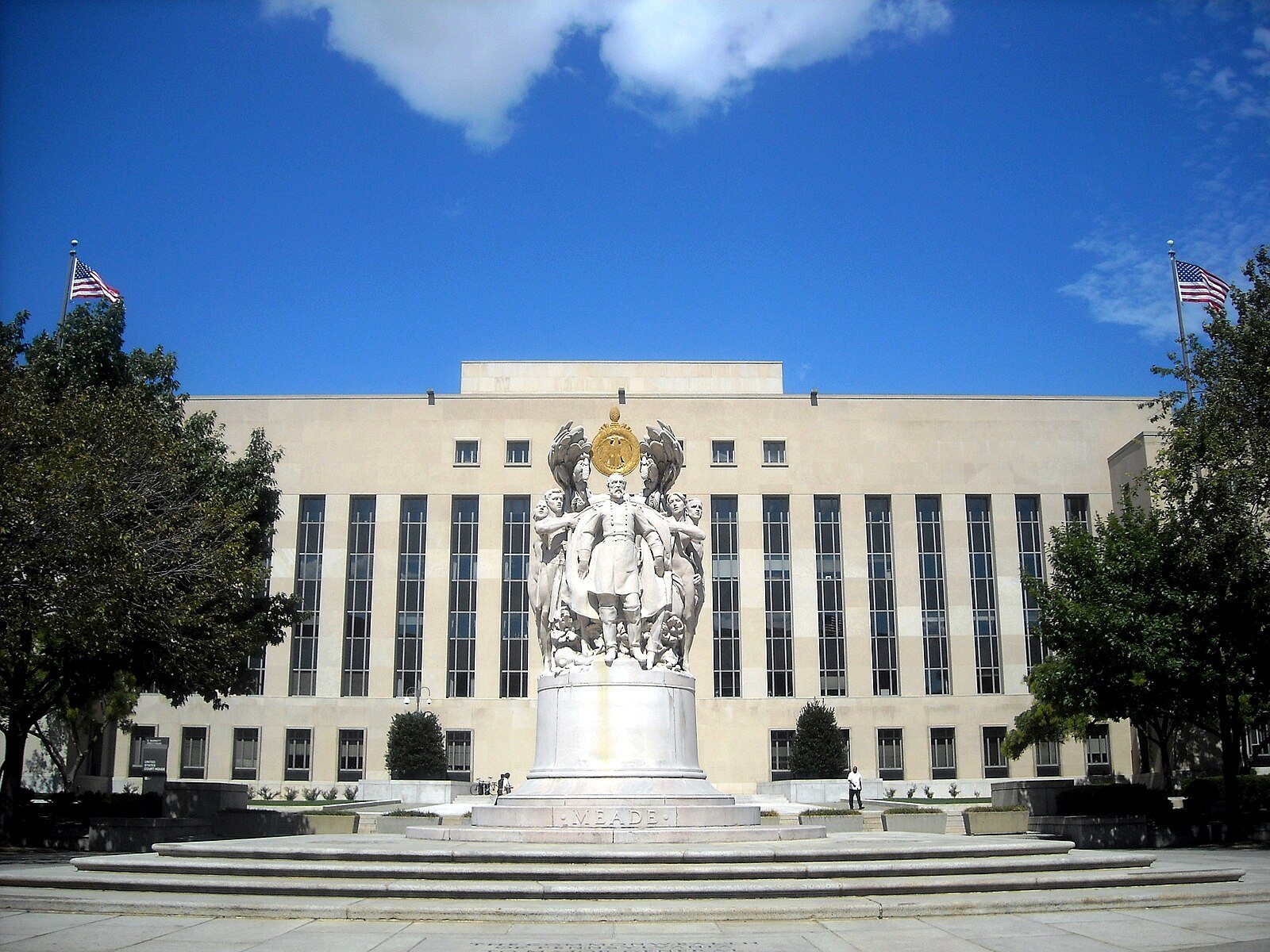Today's Headlines and Commentary
A federal district court judge in San Antonio issued a preliminary injunction yesterday against Texas’s enforcement of portions of a law on sanctuary cities that was scheduled to take effect on Friday.
Published by The Lawfare Institute
in Cooperation With

A federal district court judge in San Antonio issued a preliminary injunction yesterday against Texas’s enforcement of portions of a law on sanctuary cities that was scheduled to take effect on Friday. Among its provisions, Texas Senate Bill 4 would authorize police officers to question people they arrest or detail about their immigration status, and impose fines on local officials who resist cooperating with federal agencies in deporting illegal immigrants. In his 94-page ruling, Judge Orlando L. Garcia wrote that the “overwhelming” evidence suggested that SB 4 would “erode public trust and make communities less safe.”
The Defense Department acknowledged yesterday that 11,000 U.S. troops are stationed in Afghanistan as part of NATO’s Resolute Support mission. The tally is far higher than the Pentagon’s previously reported count of 8,400 troops—the maximum permitted under a troop level cap introduced by the Obama administration in 2016—and accounts for covert and temporary units. The Pentagon’s disclosure of the revised figure reflects Defense Secretary Jim Mattis’s effort to increase transparency around the process of measuring U.S. forces stationed in war zones. Earlier figures concealed the full extent of the U.S.’s presence, excluding troops placed on temporary deployment to evade Obama-era troop restrictions. The announcement comes as the Pentagon is expected to deploy an estimated 4,000 additional troops to region as part of President Trump’s Afghanistan strategy.
Yesterday, U.S.-led coalition airstrikes blocked a convoy of Islamic State fighters and their families from traveling further east in Syria, the Washington Post reports. A transfer agreement negotiated by the Lebanese Army, Hezbollah, and Syrian Army provided for the withdrawal of 670 fighters and their relatives from the Syrian-Lebanese border, where ISIS troops were surrounded by Lebanese and Syrian forces, and their resettlement in the Deir al-Zor province that borders Iraq. The U.S.-led coalition did not target the convoy due to concerns about civilian casualties. As part of the agreement, ISIS returned the bodies of nine Lebanese soldiers, three Hezbollah fighters, and one Iranian military adviser.
The Trump administration conditioned $255 million in military assistance to Pakistan on their government showing progress on efforts to disrupt local Taliban and Haqqani networks. Secretary of State Rex Tillerson will determine when to release the funds based on assessments of how robustly Pakistan works to target the terror networks. The conditioned aid is part of $1.1 billion that Congress designated for Pakistan in 2016. The State Department would have been required to return the $255 million to the U.S. Treasury if it failed to notify Congress within the next few weeks of its intent to use the funds.
Extrajudicial killings and arrests have intensified in Egypt since May, a starting point that correlates with President Trump’s visit to the Middle East, the Post reports. During his May visit, Trump conveyed that the U.S. would not make human rights a focal point in its relationships with Arab allies. The previous month, Trump hosted Egyptian President Abdel Fatah al-Sisi at the White House, departing from the Obama administration position against welcoming Sisi, in recognition of the state’s human rights record. Analysts suggest that the Trump administration’s embrace of the Egyptian leader has encouraged Sisi and other Arab leaders to crack down on activists without fear of U.S backlash. Nevertheless, last Tuesday the U.S. announced that it would withhold or delay more than $290 million in foreign aid–in part due to an Egyptian law targeting non-governmental organizations.
ICYMI: Yesterday, on Lawfare
Jeffrey Smith urged that the FBI and Justice Department not be overzealous in investigating and prosecuting leaks, warning that such activities could transform the “Deep State” into a “Dark State.”
Steven Heydemann presented four rules to guide the activities of external actors participating in recovery and reconstruction efforts in Syria.
Josh Blackman outlined the collateral effects of President Trump’s pardon of Joe Arpaio on the separation of powers.
Susan Hennessey and Ben Wittes considered how the trend of Trump administration officials publicly countering Trump will affect the future of the executive office.
Bobby Chesney and Steve Vladeck posted the latest episode of the National Security Law Podcast, considering legal issues that might have arisen due to Hurricane Harvey; whether their Constitutional Law course curricula should be modified to account for controversies connected to President Trump; the Japanese legal distinction between self-defense and offense; and last week’s unexpected settlement in Salim et al. v. Mitchell.
Herb Lin argued that the U.S. and South Korea should unilaterally cease large-scale military exercises so long as North Korea halts its nuclear or missile tests.
Email the Roundup Team noteworthy law and security-related articles to include, and follow us on Twitter and Facebook for additional commentary on these issues. Sign up to receive Lawfare in your inbox. Visit our Events Calendar to learn about upcoming national security events, and check out relevant job openings on our Job Board.


.jpg?sfvrsn=407c2736_6)


